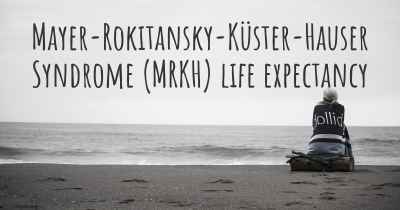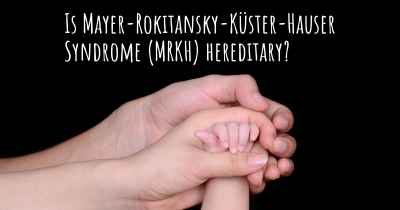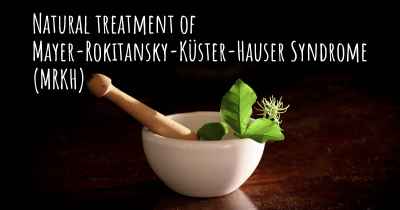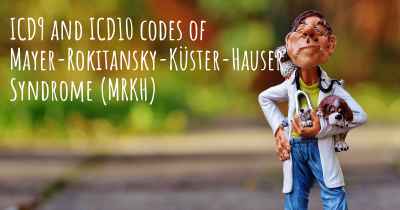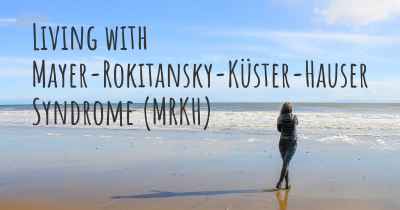Is it advisable to do exercise when affected by Mayer-Rokitansky-Küster-Hauser Syndrome (MRKH)? Which activities would you suggest and how intense should they be?
See if it is advisable for people with Mayer-Rokitansky-Küster-Hauser Syndrome (MRKH) to practice sports and which ones are the most recommended if you have Mayer-Rokitansky-Küster-Hauser Syndrome (MRKH)

Mayer-Rokitansky-Küster-Hauser Syndrome (MRKH) is a congenital condition that affects the reproductive system in females. It is characterized by the absence or underdevelopment of the uterus and vagina. While MRKH can have emotional and psychological impacts, it does not directly affect a person's ability to engage in physical exercise.
Engaging in regular exercise can have numerous benefits for individuals with MRKH, both physically and mentally. Exercise can help improve cardiovascular health, maintain a healthy weight, boost mood, and increase overall well-being. However, it is important to approach exercise with caution and consider any individual limitations or specific concerns related to MRKH.
When it comes to exercise recommendations for individuals with MRKH, it is advisable to:
- Consult with a healthcare professional: Before starting any exercise program, it is crucial to consult with a healthcare professional who is familiar with your specific condition. They can provide personalized advice and guidance based on your individual needs and limitations.
- Choose low-impact activities: Opt for exercises that are gentle on the joints and do not put excessive strain on the pelvic area. Low-impact activities such as walking, swimming, cycling, and yoga can be excellent choices. These activities can help improve cardiovascular fitness, muscle strength, and flexibility without placing undue stress on the body.
- Focus on core and pelvic floor exercises: Strengthening the core muscles and pelvic floor can be particularly beneficial for individuals with MRKH. These exercises can help improve posture, stability, and support for the pelvic organs. Consult with a physical therapist or a qualified fitness professional to learn appropriate exercises for your specific needs.
- Listen to your body: Pay attention to how your body responds to exercise. If you experience any pain, discomfort, or unusual symptoms, it is important to stop and seek medical advice. Everyone's abilities and limitations are different, so it is essential to respect your body's signals and adjust your exercise routine accordingly.
- Consider psychological well-being: MRKH can have emotional and psychological impacts, and exercise can play a role in managing stress, anxiety, and depression. Engaging in activities that you enjoy and that promote relaxation, such as mindfulness exercises or gentle stretching, can be beneficial for your overall well-being.
Remember, each individual with MRKH is unique, and exercise recommendations may vary. It is essential to work closely with healthcare professionals to develop an exercise plan that suits your specific needs and limitations. Regular exercise, when done safely and appropriately, can contribute to a healthier and happier lifestyle for individuals with MRKH.
